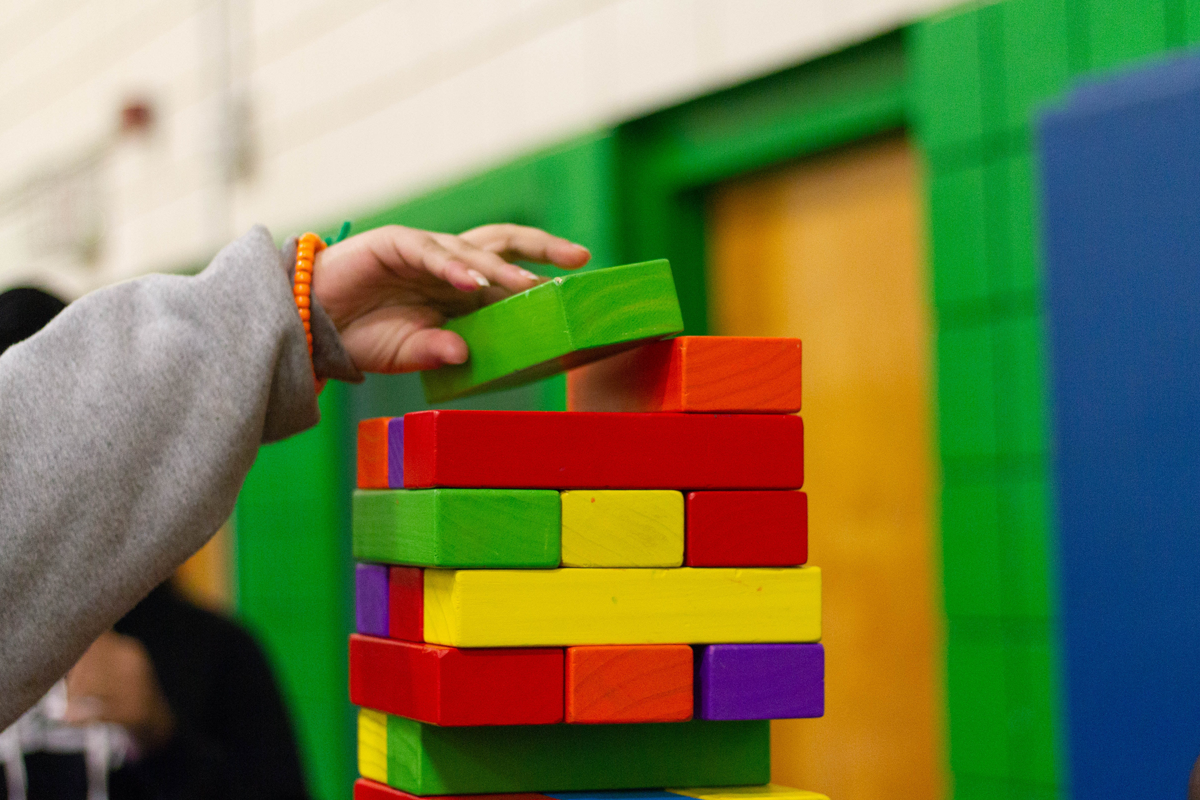
30 Nov Why Does Your Child Need Math More Than You Think They Do?
Have you ever heard, “why do I need to learn math?” from your child? Sometimes even parents complain about having to do math.* Early childhood math learning can make it feel more comfortable for children later on, and has a variety of other benefits too.
- Grounding your child with a “numbers sense” can make math a natural part of their world
- Math enhances a child’s problem solving abilities in all areas of learning
- Understanding math builds self-confidence and helps with critical thinking
- It may even help them get into a better college or land a better job
Early Mathematics Learning Helps Build a Foundation for a “Numbers Sense” in Children
Early math learning can help a child understand spatial relationships and recognize patterns, which can help in math, and even in sports. It gives little ones a basic “numbers sense,” which can be defined as being comfortable with numbers; thinking of them as part of their world, not something external to be deciphered. Having numbers sense is the feeling that numbers are integrated into one’s understanding of how the world works. For younger children, learning about shapes and colors, especially repeating patterns that follow rules, also helps a child learn to organize and order the world around them. It also lays a foundation for math that they won’t encounter for years – Algebra and Geometry. As children learn more complex math, it also enhances their ability to think through problems and promotes flexible thinking.
How can Parents Promote a Numbers Sense in a Young Child?
There are several simple ways to create building blocks for your child’s growth with numbers simply a part of their world. With language, we may see a cat in real life and help them sound out the word cat. We can do something similar with numbers. When you see four birds, point and count one, two, three, four….and if one flies away, say, take away one, how many birds now? …without ever mentioning subtraction. If you get 3 boxes of cereal at the store, hand each to your child and ask them to count them. When baking, have them count and dump the cups of flour into the bowl. You can do the same with money, count your change aloud, or when tipping at a restaurant, calculate it verbally. Young kids don’t have to understand percentages; it really benefits children to see adults using numbers and math in daily life.
Did you Know that Math and Language are Inter-connected?
As kids get older, another surprising fact is the math and language connection. Math, when taught well, is so much more than rote memorization. When learning mathematics, students discover unfamiliar words, definitions, and new concepts. And in math, we use precise words to ensure our meaning is clear. So not only does math increase vocabulary, but that vocabulary is tied to ideas that help to shape the way we understand to the world.
*One note about parents complaining about math. Math anxiety is real. It can stem from several sources: not having good elementary math teaching, having an unpleasant experience at the blackboard, feeling stuck not understanding a type of math, or even having an undiagnosed learning disorder. According to studies, parents who talk negatively about math, can pass their own math anxiety onto their child. So, if math isn’t your thing, try to be positive with your younger kids when it’s simple, like those mentioned above. As they get older try to manage your own stress around math. Maybe have the other parent, if they like math, help with math homework. Sending your child to an after school math program, like ones ALOHA runs, can also be another source of math support.
Math Enhances Analytical Thinking
Analytical thinking is the specific skill set we most associate with math. Mathematical thinking enhances problem solving and develops the ability to reason logically in other areas of study as well. Building mental discipline and logical reasoning, developed while learning math, can even help insulate a child from being swayed by peer pressure and with evaluating false stories on the internet.
When older students learn to perform calculations and complex computations, learning formulas and definitions, beyond simple memorization, it enables students to understand and explain complex concepts. This skill set really begins to grow when they can both solve the problem and explain the logical or critical thinking behind it. A student who can articulate the process they followed to do arrive at the solution has learned a strong transferable skill.
As children get older and learn more complex math, it positions them for three unexpected bonuses:
- The ability to handle their own finances better. A solid foundation in math makes calculating interest on a car, college, or home loan, or even asking for a raise much easier.
- Having strong math skills also helps students to get good score on the SAT’s/ACTs. Although sometimes optional, college entrance exams can still be important to having a wider choice of schools to attend. They can also lead to scholarship opportunities.
- If a student continues to pursue STEM skills in college, it may also position them to get a job in a related field. Many well-paying, interesting jobs require math – see our two-part blog post of 30 jobs related to math here.
Written by Cathy Larkin, a freelance writer and social media coordinator, who has been a part of the ALOHA Mind Math team for several years.



Sorry, the comment form is closed at this time.